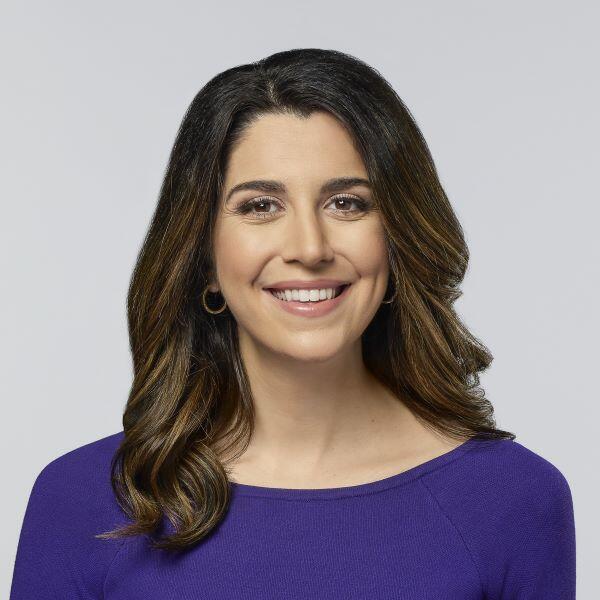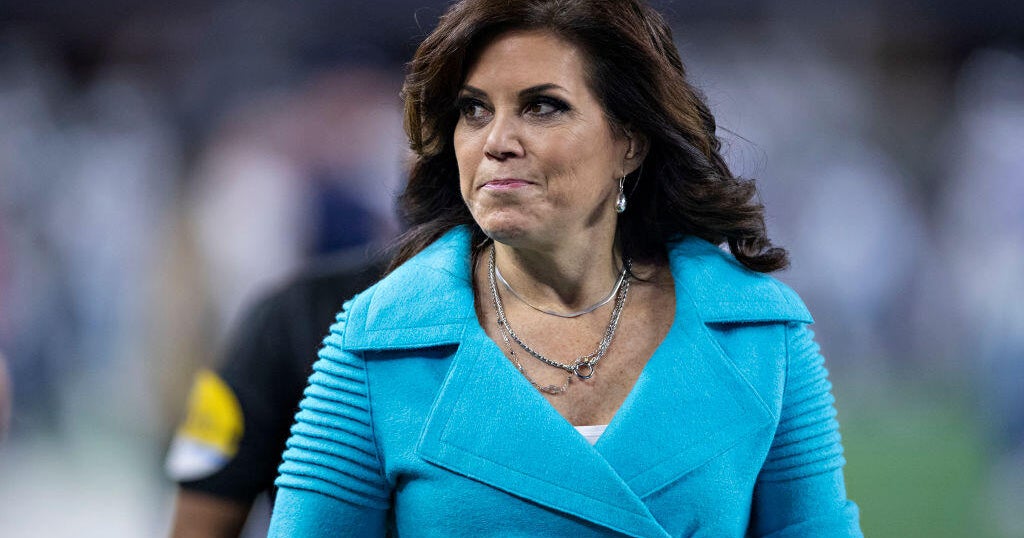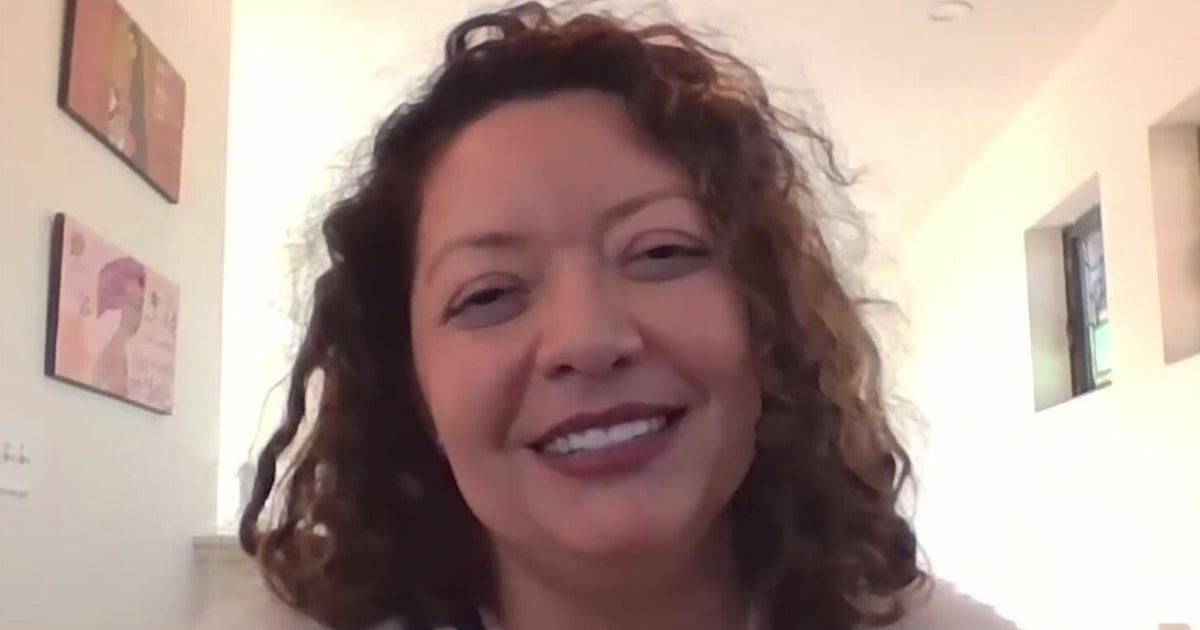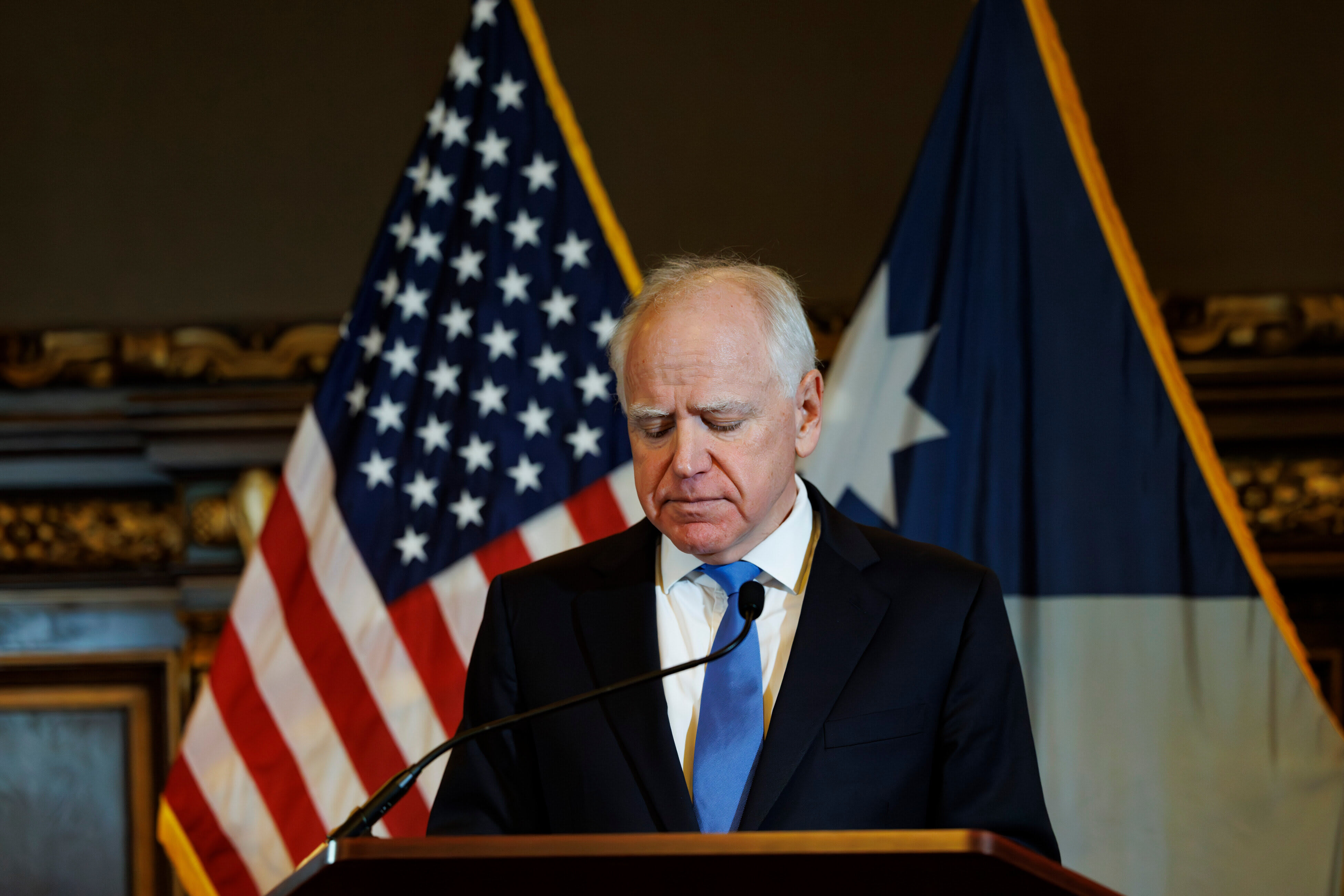Excluded from debate, Steve Bullock tries his luck in New Hampshire and Iowa
On the first night of the 2020 Democratic primary debates, as ten candidates took the stage together in Miami, the Governor of Montana watched from an airplane. The twenty-third candidate to announce his presidential bid, Steve Bullock failed to qualify for the first debate, instead spending his time in Iowa and New Hampshire.
For the candidate, the tour rendered an opportunity to make "lemonade out of lemons." But less than three years after he outperformed Hillary Clinton in Montana by 24 points, making him the only Democratic governor to win reelection in a state where President Trump cruised to victory, Bullock was still relegated to the sidelines during round one.
"The first folks in this country who will express their preference are these folks right here in Iowa," Bullock told CBS News in Des Moine on Wednesday. Adding, he could "think of no better place to be than actually right here talking to voters."
The governor echoed that sentiment in New Hampshire on Thursday. Iowa and New Hampshire, the governor said, "are sort of Harry Potter's great sorting hat." He added, "this is who makes the decision and takes large fields and narrows it down. It's not the debate."
But the debate has created two sets of candidates: those who hit at least one percent in three qualifying polls or received donations from at least 65,000 people, and those who did not. Twenty of the candidates hit that benchmark, but Bullock fell short of standards set by the Democratic National Committee. Earlier this month, the DNC ruled that one of the polls where the governor hit one percent did not meet its standards for qualification, meaning Bullock would not be invited to the debate.
Bullock jumped into the race six weeks ago, waiting until Montana's legislative session finished before launching a presidential campaign and giving him what he calls a "late start."
The governor's campaign says he has hit the required one percent mark in a third qualifying poll, making him eligible for the second set of Democratic debates at the end of July. That would make him the 21st candidate to qualify for a stage with only 20 spots. When asked what will happen when the DNC decides on who makes the stage, Bullock told reporters in Iowa "we'll see how that goes. That won't change what I'm doing."
Missing the first debate allowed Bullock to skip Miami and instead talk to voters in Iowa and New Hampshire in town halls televised on local news. But it cost him a chance to impress the over 15 million people who watched the Democratic debate Wednesday night alone, with another 9 million streaming online.
Bullock told reporters in both Iowa and New Hampshire he was "disappointed" to miss the mark. He watched the debate from an altitude of over 30,000 feet while traveling to New Hampshire.
"There is that moment when you turn around and say this issue really is missing and here's some perspective I would have brought," Bullock said of the experience. "But I'm not sitting there saying, 'oh woe is me.'"
Iowa Democratic Strategist Jeff Link says Bullock's decision to spend time in the early states helped him attract local media coverage, but that missing the first debate was "the end of the road."
Bullock may still make the stage in July. But Link says that the September debate, where candidates will have had to have received donations from at least 130,000 donors and hit two percent in at least four qualifying polls, is when the field will really shrink.
"A lot of people think there's just too many candidates it's hard to keep them all straight, and they're looking for some way of a funnel to help them to focus," Link said. "I think that September debate is going to act like a funnel in a lot of ways."
Emma Mitnick contributed to this report.






